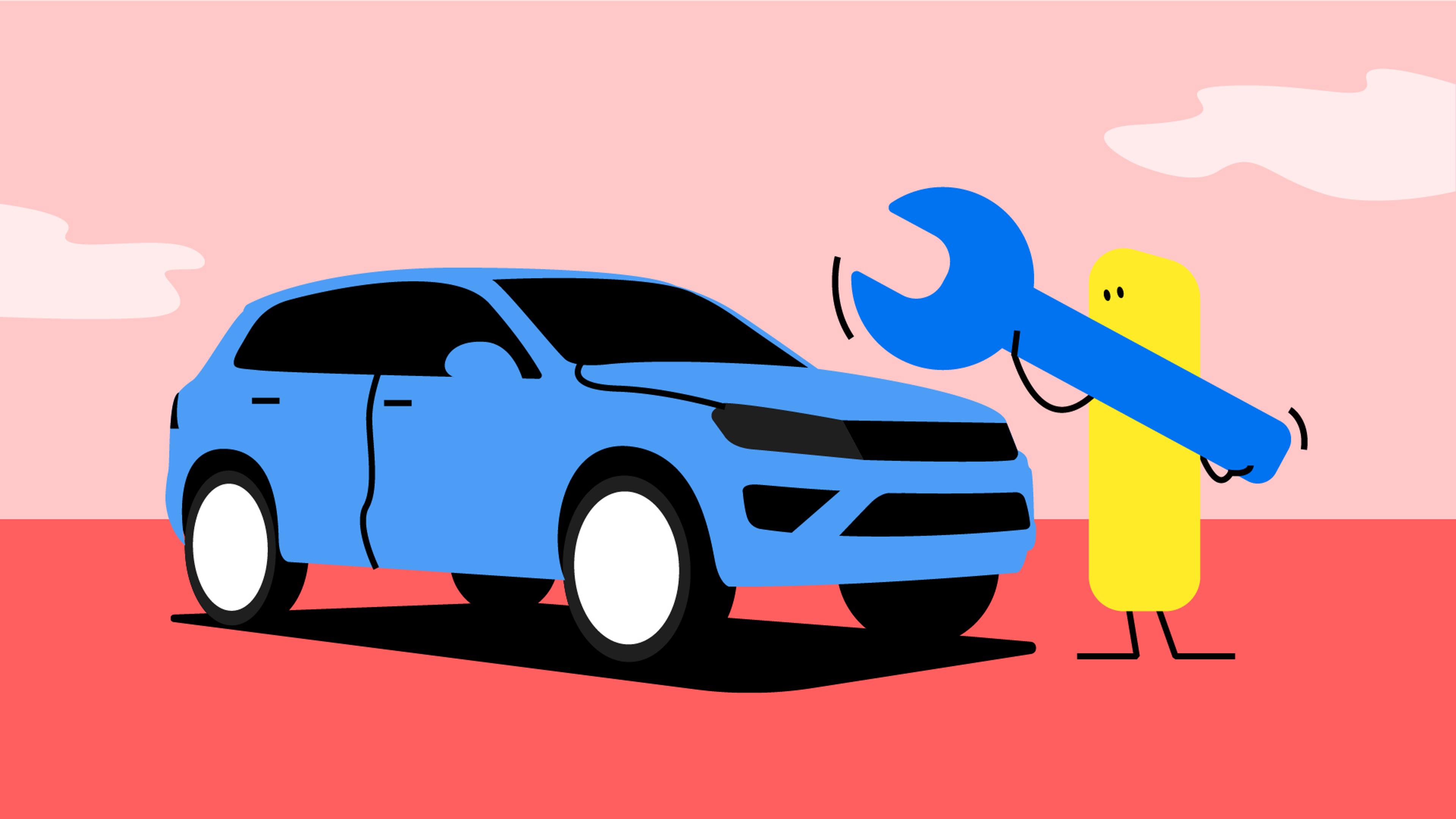What is a car recall?

New car buyers expect that everything in their vehicle will work as it is supposed to. While auto parts wear down over time, premature issues can also happen because of the manufacturer's fault. In that case, the manufacturer may be required to take full responsibility and issue a safety recall.
A recall is a free fix for a safety-related defect. These defects can be anything from faulty radio wiring to loose lug nuts. When a certain model receives a recall, its owners are notified by mail, email, or phone. However, only 75% of recalled vehicles are brought for repairs.
Why does this happen and how to be sure that your car is safe to drive?

Check if your vehicle has a safety recall!
Enter a VIN code to learn if a vehicle you own or want to buy should be taken for repairs!
Who issues safety recalls?
While the process of initiating car recalls is similar across regions, it can still vary depending on the country and its regulations.
For example, in the US, car recalls are typically initiated by vehicle manufacturers or by the National Highway Traffic Safety Administration (NHTSA), while in Europe, besides a car manufacturer, a recall may also be made by:
- A regulatory authority, such as the European Commission, if it identifies safety-related defects through its regulatory and monitoring mechanisms.
- National authorities in member states that work in collaboration with regulatory authorities to ensure that recalls are carried out effectively and car owners are informed.
- Consumers can influence the recall process, reporting potential risks to regulatory agencies and manufacturers. However, the decision whether to make a recall is made only after thorough investigations conducted by mentioned parties.
If a vehicle is part of a recall, the manufacturer is obliged to fix the defect free of charge.
When do recalls expire?
In general, car recalls do not have an expiration date and can be transferred from one owner to another. The issued recall remains in effect until all affected vehicles have been repaired or replaced (if the problem cannot be fixed), regardless of how much time has passed.
There’s an exception for tires, though – tire-related recalls are only valid for sixty days after the date of issue.
Can dealers refuse to fix recalls?
Safety recalls are only issued when the manufacturer’s fault is proved. Therefore, authorized dealerships are legally obliged to address recalls and do the necessary repairs at no cost to the vehicle owner.
Under certain circumstances, however, some of them may still try to charge you or refuse to fix a recall. For instance, this can happen if your car is more than 15 years old or has suffered from a flood. But every situation is different and you should still contact your vehicle’s manufactured or regulatory authorities if you believe that the dealership is wrongfully refusing to address a recall.
Some recalls are vital
While most recalls are all about vulnerable materials and software problems, some manufacturers have faced more serious issues over the years.
In 2016, the Volkswagen emissions scandal has shaken the automotive world. A German motor vehicle manufacturer tweaked the diesel engine software to achieve 40 times lower emissions during testing. When the truth was revealed, Volkswagen was forced to recall 11 million vehicles and cover an eye-watering expense of €15.7 billion.
Back in the 2000s, Ford had to recall almost 15 million cars, trucks, and SUVs due to faulty cruise control switches that tended to prematurely wear out and short-circuit to the point of causing fires.
Another well-known incident happened in the '90s. A rubber tread on some Firestone tires was prone to separate from the underlying steel belt at high speed and in hot climates. This led to unexpected tire explosions and rollovers of Ford SUVs. Now, manufacturers use the tire pressure monitoring system (TPMS) to avoid under-inflation events.
Get a vehicle history report to learn about recalls
Manufacturers send recall notices only once – to the current vehicle owner. If you have bought a car from someone who didn’t take care of a recall, you may not suspect anything. Sometimes, vehicle owners may not even know that their car can accidentally catch fire, lose a wheel, or have a defective airbag.
Considering the importance of the recall, you shouldn’t overlook it when buying a used car. Instead, find the vehicle identification number (VIN) and get a vehicle history report to learn about registered car recalls.
The vehicle history report includes a safety section that shows recalls, if any, and their statuses. If available, it also provides additional information, including issue date, recall number, and description.
Additionally, vehicle history report can show safety ratings from leading car safety assessment programmes, such as NHTSA, Euro NCAP and ANCAP.

Check your VIN
Avoid costly problems by checking vehicle history. Get a report instantly.
